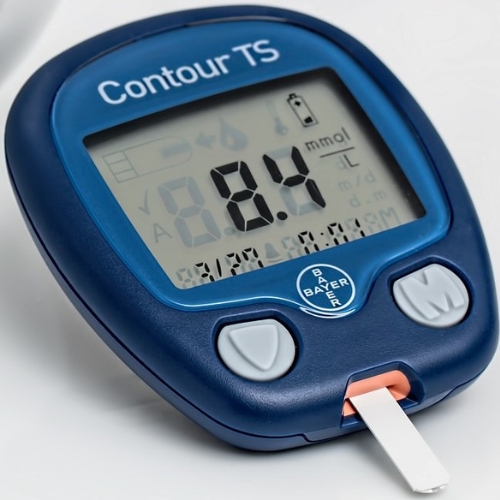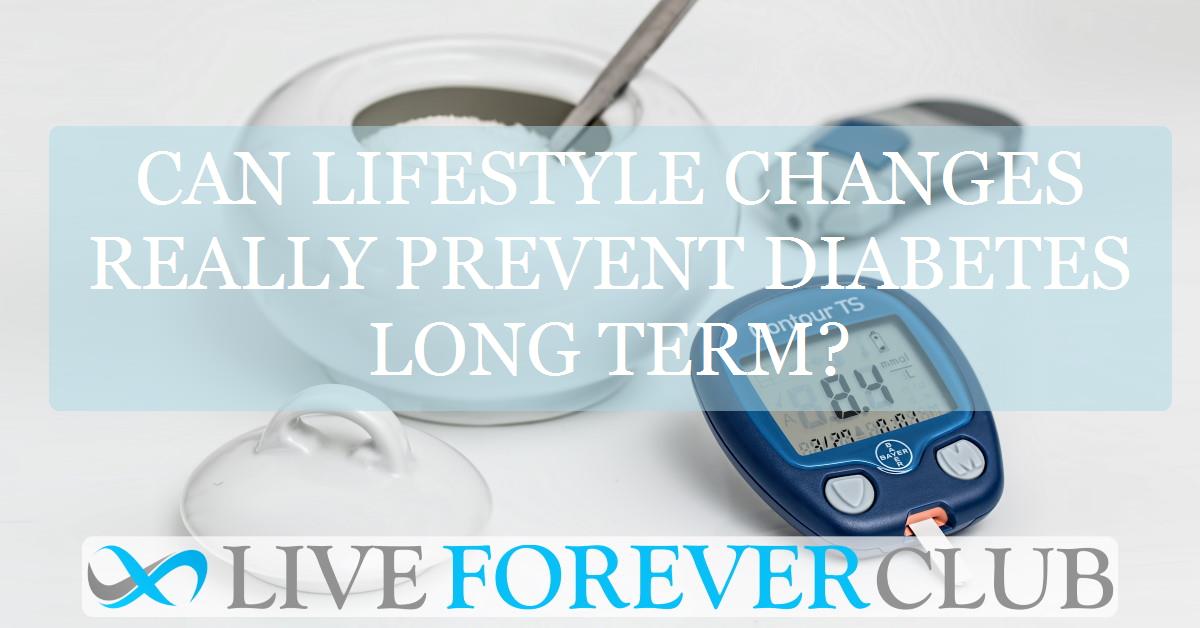We’ve all heard it: lose weight, eat better, move more. Your body will thank you. But do these lifestyle shifts actually prevent chronic diseases like type 2 diabetes? A landmark study that tracked people for over 21 years may finally settle the debate. The Diabetes Prevention Program (DPP), launched in the late 90s, just released results of its long-term follow-up. The findings? Simple interventions can deliver life-changing outcomes.
How the diabetes prevention program study was designed
The original DPP trial began in 1996. It included over 3200 adults in the US who had prediabetes. They were split into three groups: one got metformin (a diabetes drug), one got intensive lifestyle coaching (ILS), and one got a placebo.
After just three years, the results were clear. People in the lifestyle group had 58 percent fewer new diabetes cases. Those on metformin had 31 percent fewer cases than the placebo group. That already sounded like a success.
But what happened over two decades later?
The Follow-up: What They Did
The original trial ended in 2001, but researchers didn’t stop there. They launched a follow-up phase called the Diabetes Prevention Program Outcomes Study (DPPOS) to see if the benefits lasted long term.
Participants who were taking metformin kept using it. Those in the lifestyle group received occasional booster sessions to stay on track. Meanwhile, all participants—regardless of their original group—were offered lifestyle coaching in group sessions held four times a year.
The final analysis used data collected up to February 23, 2020. This date was chosen to avoid the disruption caused by the COVID-19 pandemic, which made regular clinic visits difficult and could have affected the accuracy of the study’s long-term results.
Lifestyle and metformin lowered diabetes riskOut of the original 3234 participants, 3195 were included in the final analysis. While the median follow-up was 8 years, some individuals were tracked for more than 23 years. Over this long period, the lifestyle group showed a 24 percent lower risk of developing diabetes compared to the placebo group. Those taking metformin had a 17 percent reduced risk. The strongest impact appeared within the first three years, especially for those making lifestyle changes. Remarkably, the benefits continued for decades, even after the frequency of support sessions was reduced. |
Not Everyone Benefited Equally
The effects weren’t the same for everyone. People with higher blood sugar or worse metabolic health at the start benefitted more from lifestyle changes.
Younger people responded better to metformin. These nuances matter. They hint at the future of personalised diabetes prevention, tailoring strategies based on individual profiles.
How Did the Risk Reduction Play Out Over Time?
The biggest drop in diabetes cases happened early. For lifestyle participants, median diabetes-free survival extended by 3.5 years. For metformin users, it was 2.5 years.
Over time, the benefits of both treatments slowly waned. The incidence curves for lifestyle and metformin started to merge. But they still remained below the placebo group, showing that the early advantages had long-term value.
Why This Study Matters
Most clinical trials run for just a few years before ending. It’s rare for researchers to track people for 20 years or more. That’s exactly why this study stands out.
It didn’t just capture a quick win. Instead, it showed that early actions—like improving lifestyle or taking metformin—can create long-lasting health effects. With consistent support, those early choices helped people avoid diabetes for years. This proves that prevention isn’t just possible in the short term; it can shape long-term health outcomes.
In conclusion, metformin is cheap and widely used. Lifestyle changes are hard but effective. This study proves both approaches can work, especially when offered early and targeted to the right groups.
With type 2 diabetes rates rising globally, these findings offer a roadmap. Focus on prevention. Tailor approaches. Start early.
This study is not just a scientific milestone. It is a call to action. It says prevention works. It also says it is never too early to take control of your health. While not everyone may respond the same way, lifestyle change and early intervention can give people precious years free from disease.
The study is published in the journal The Lancet Diabetes & Endocrinology. It was led by researchers from George Washington University.






